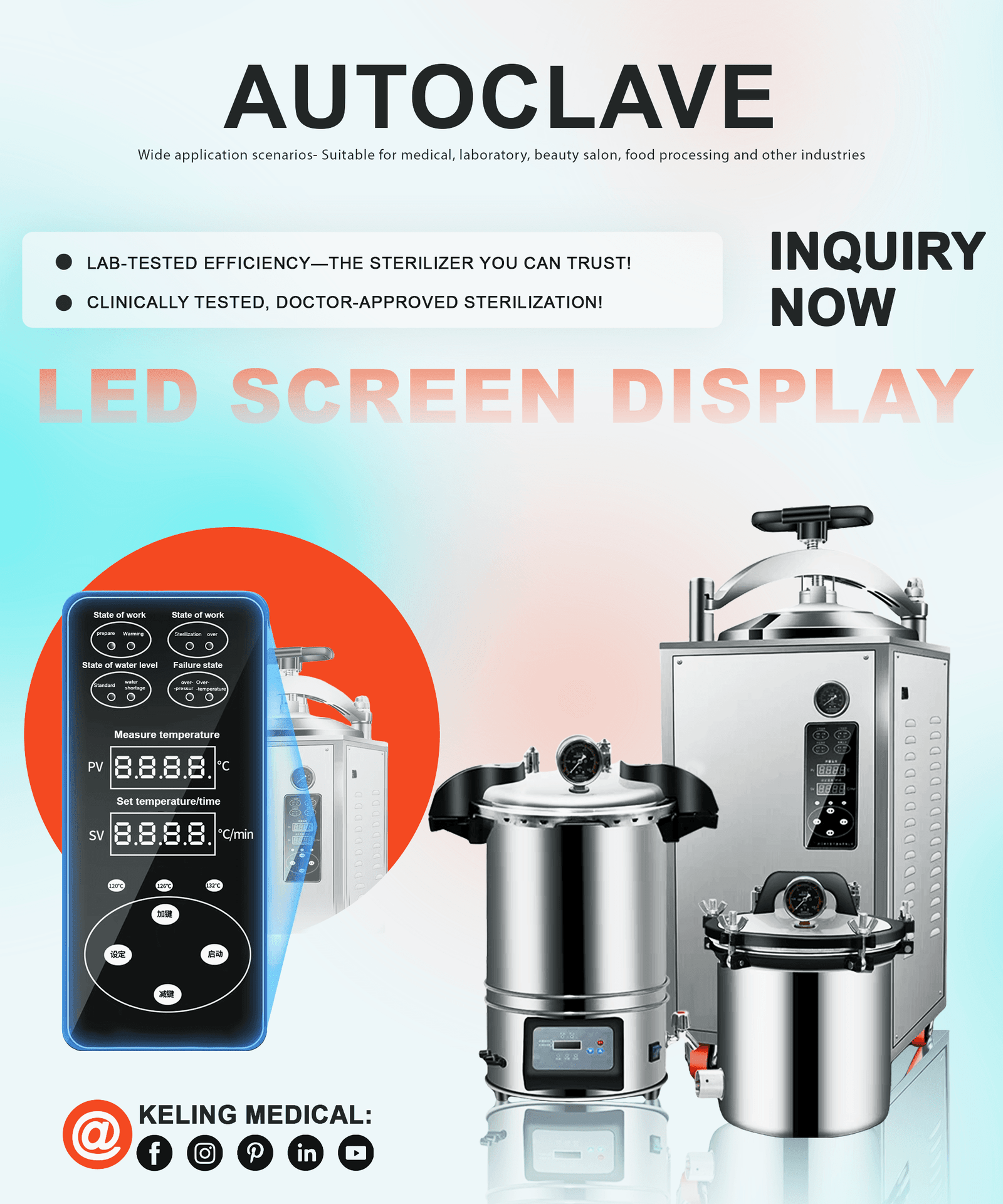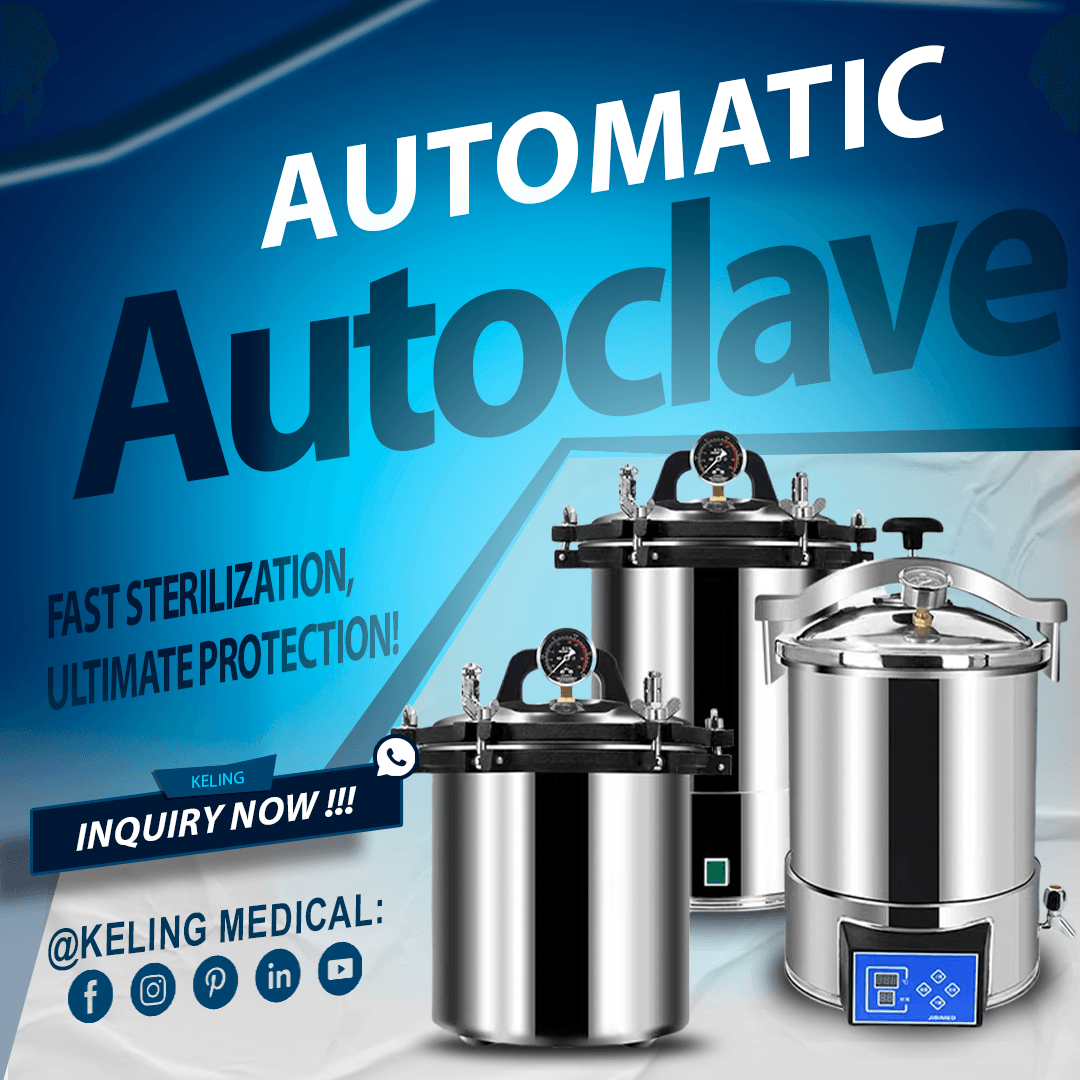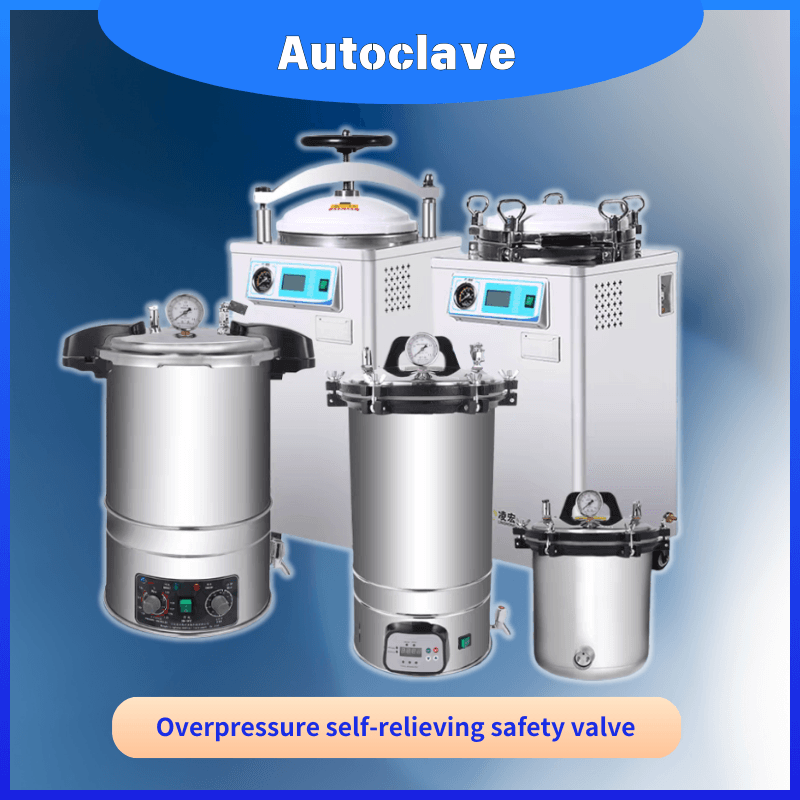
The article investigates important selection factors for laboratory sterilizers while comparing sterilizers and autoclaves before examining their use in various laboratory environments. The information provided will enable you to make informed choices which will help your clients find the most suitable sterilization equipment they need.
For personalized assistance or to explore high-quality sterilizers, contact us at inquiry@shkeling.com, WhatsApp us at +8618221822482или посетите наш веб-сайт по адресу autoclaveequipment.com.
The laboratory sterilizer selection process requires consideration of multiple factors to ensure compatibility with laboratory requirements.
Sterilizer cost fluctuates based on its size and specific features as well as the manufacturer’s brand identity.
When calculating operating costs, it is crucial to evaluate both the energy efficiency of the equipment and its maintenance needs.
Investing more upfront in a reliable sterilizer will lead to long-term savings through decreased repair and replacement costs.
Compact sterilizer models fit small laboratories where space is limited.
Industrial research laboratories will find Large-Scale Units to meet their high-capacity sterilization demands.
Check the sterilizer’s ability to process all items needing sterilization within one cycle.
The sterilization technique depends on the materials being processed using steam, dry heat or chemical methods.
Advanced sterilizers provide programmable cycles together with pre-vacuum systems and drying functions to enhance user convenience.
The equipment features intuitive controls along with clear instructions to enhance ease of operation.
Taking these elements into account allows you to find a sterilizer that matches your budget and maximizes performance.
The terms “sterilizer” and “autoclave” frequently appear as synonyms but they represent distinct devices. Knowledge of these distinctions enables appropriate equipment choice for distinct needs.
Devices for eliminating microorganisms are known as sterilizers.
The available sterilizer options comprise steam autoclaves, dry heat sterilizers, and chemical sterilizers.
Laboratories as well as hospitals and industrial facilities use these devices to perform many different sterilization tasks.
This sterilizer uses high-pressure saturated steam to perform sterilization on materials.
The device operates with high efficiency and dependable performance for sterilizing glassware as well as surgical instruments and biohazard waste materials.
These sterilizers work well for various laboratory substances which include both liquid solutions and porous materials.
| Характеристика | Лабораторные стерилизаторы | Lab Autoclaves |
|---|---|---|
| Метод стерилизации | Varies (steam, heat, chemical) | High-pressure steam |
| Приложения | Broader range of uses | Primarily laboratory use |
| Стоимость | Varies by type | Typically higher for advanced models |
Autoclaves offer high efficiency and reliability while remaining suitable for many types of materials making them the optimal choice for laboratory settings.
Different industries utilize laboratory sterilizers to meet their specific operational requirements.
Приложения: Sterilizing culture media, glassware, and instruments.
Precision and reliability are essential to maintain contamination-free experimental conditions.
Clinical laboratories require sterilization equipment for diagnostic tools and systems for biohazard waste disposal.
Requirements: Compliance with safety and regulatory standards.
Industrial laboratories utilize sterilization equipment to ensure all manufacturing materials remain contamination-free.
Requirements: High-capacity sterilizers for large-scale operations.
Приложения: Sterilizing teaching materials and lab tools.
Requirements: Cost-effective solutions for limited budgets.
Distributors can offer sterilizer recommendations that match their clients operations when they understand each laboratory type’s specific needs.
Multiple elements determine the price of a laboratory autoclave including its size specifications, available features and its brand identity. Here’s a breakdown of what to expect:
Диапазон цен: $2,000–$10,000.
These autoclaves offer basic functions while maintaining a compact size suited for small laboratory environments.
Диапазон цен: $10,000–$25,000.
The autoclave has greater capacity and includes advanced functionalities such as programmable cycles and pre-vacuum systems.
Диапазон цен: $25,000–$50,000 or more.
The autoclave features both a high storage capacity and durable construction making it ideal for industrial applications.
The inclusion of advanced technology such as pre-vacuum and drying capabilities leads to higher prices.
The use of high-quality stainless steel chambers results in higher costs yet provides enhanced durability.
Autoclaves from well-known brands with long-term warranties require higher initial investment yet deliver greater value over time.
A dependable autoclave provides reliable performance while minimizing periods of operational stoppage.
Choosing the right laboratory sterilizer requires careful consideration of factors like price, size, functionality, and application. For laboratories, autoclaves are often the preferred choice due to their efficiency and versatility.
By understanding the differences between sterilizers and autoclaves, as well as their applications in various laboratory types, medical equipment distributors and procurement specialists can make informed recommendations to their clients.
If you’re in the market for high-quality laboratory sterilizers or autoclaves, contact us today at inquiry@shkeling.com, WhatsApp us at +8618221822482или посетите наш веб-сайт по адресу autoclaveequipment.com.
A sterilizer is a general term for devices that eliminate microorganisms, while an autoclave specifically uses high-pressure steam for sterilization.
Consider the volume of materials to be sterilized and the available space in your laboratory. Small autoclaves are ideal for compact spaces, while large autoclaves suit high-capacity needs.
Size, features, technology, material quality, and brand reputation all influence the cost of a sterilizer.
Autoclaves are suitable for most materials, including glassware, surgical instruments, and liquids. However, heat-sensitive materials may require alternative sterilization methods.
Autoclaves provide a reliable and efficient method of sterilization, ensuring a contamination-free environment for experiments and procedures.
For more information or to inquire about our sterilization solutions, contact us at inquiry@shkeling.com, WhatsApp us at +8618221822482или посетите наш веб-сайт по адресу autoclaveequipment.com.

Индустрия здравоохранения требует строгого соблюдения стерильных условий для защиты пациентов от инфекций и поддержания стандартов безопасности наряду с соблюдением нормативных требований. Дилеры, дистрибьюторы и специалисты по закупкам медицинского оборудования должны понимать

Основополагающим аспектом инфекционного контроля в системах здравоохранения является стерилизация, направленная на уничтожение опасных микроорганизмов из медицинских инструментов и материалов, что одновременно обеспечивает безопасность пациентов и соблюдение строгих требований.

Медицинские учреждения должны уделять первостепенное внимание стерильности, чтобы предотвратить инфекции и защитить пациентов, соблюдая при этом строгие нормативные требования. Дилеры, дистрибьюторы и специалисты по закупкам медицинского оборудования, понимающие функции автоклавов, могут

В медицинских учреждениях стерилизация остается важнейшей процедурой, которая удаляет опасные микроорганизмы из инструментов и расходных материалов для защиты пациентов и соблюдения строгих протоколов безопасности. Дилеры, дистрибьюторы и закупщики медицинского оборудования

Инфекционный контроль в здравоохранении зависит от стерилизации, которая позволяет защитить медицинские инструменты и материалы от вредных микроорганизмов, обеспечивая безопасность пациентов и соблюдение строгих нормативных стандартов. Дилеры, дистрибьюторы и закупщики медицинского оборудования

Процесс стерилизации играет важную роль в здравоохранении, уничтожая вредные микроорганизмы из медицинских инструментов, что обеспечивает безопасность пациентов и соответствует строгим нормативным требованиям. Дилеры, дистрибьюторы и поставщики медицинского оборудования